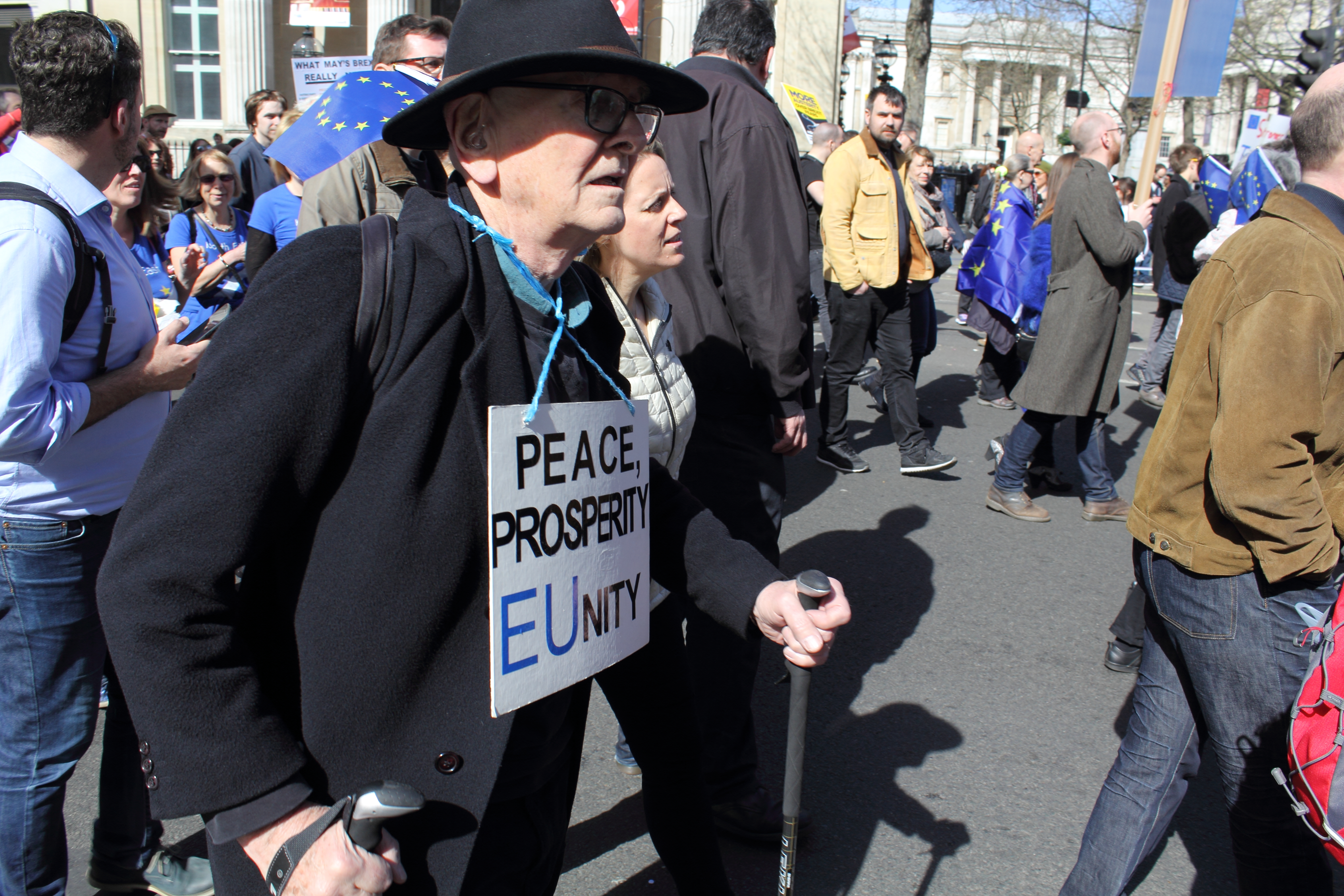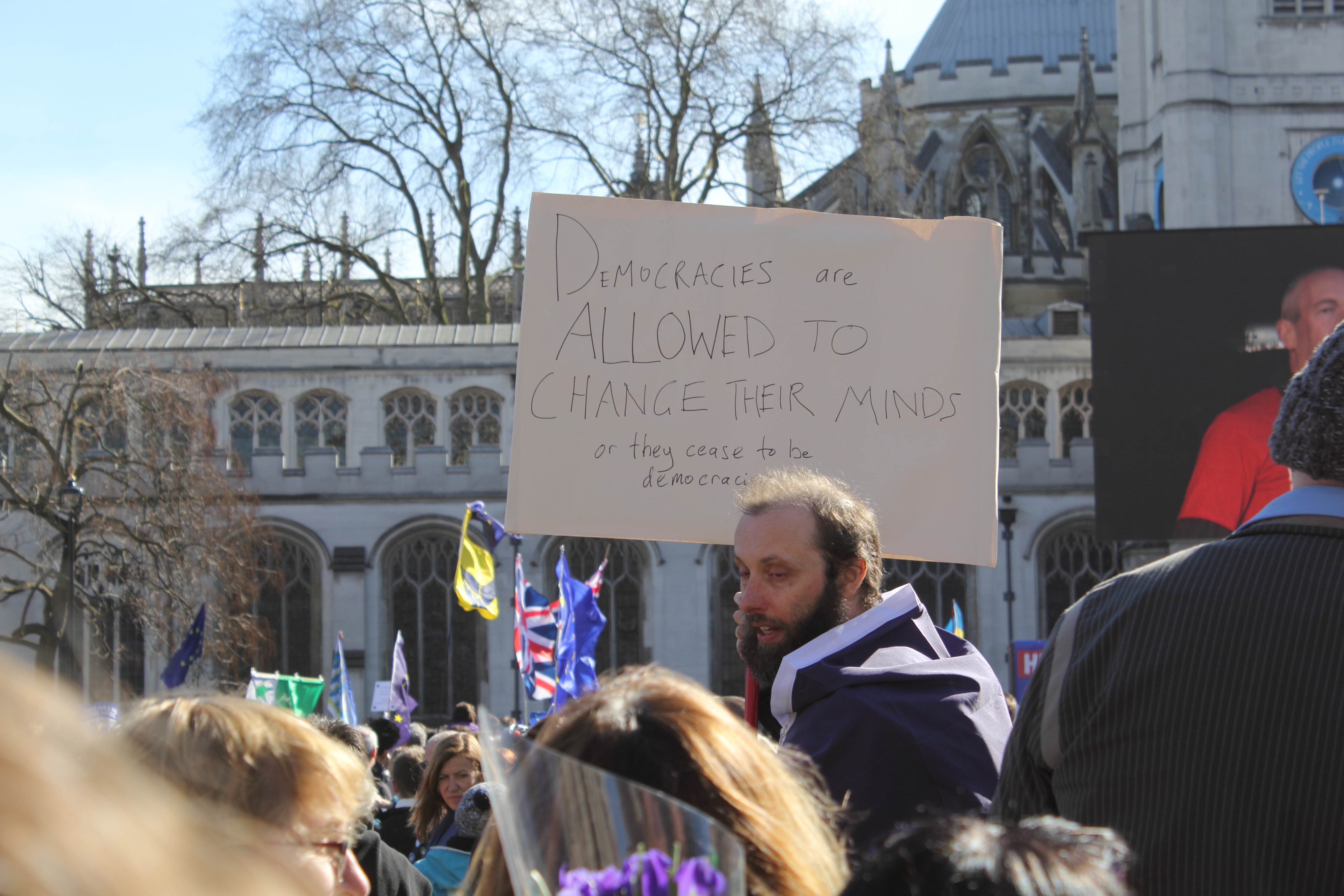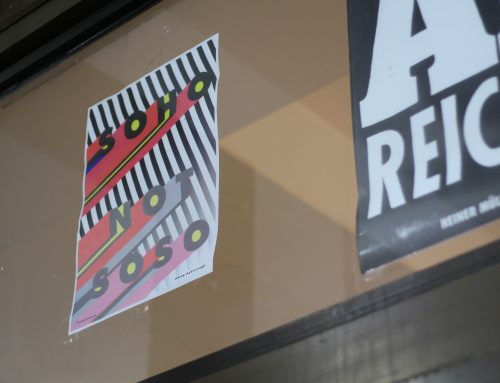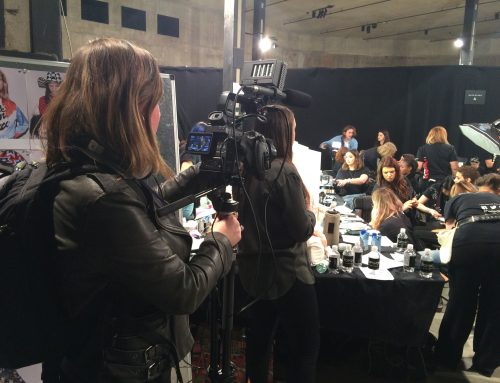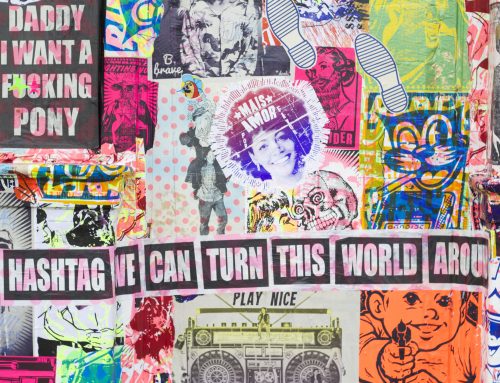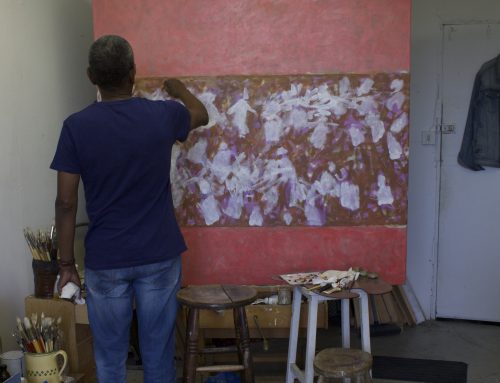“We can’t build walls to keep out climate change, technological change doesn’t stamp a passport at the border, we can’t deport the next financial crash, we will build bridges, not walls”
(Jonathan Bartley, co-leader of the Green Party, Unite for Europe: 25th March 2017)
I think like many Londoners, when I woke up to the news that 52% of voters who took part in the EU referendum voted to leave, I was in a state of shock.
To me it was exactly the same shock I experienced when Donald Trump was voted in as 45th president of the United States.
On the day of the referendum result I was working from home. So I watched the BBC coverage of the results and the many politicians and journalists try to make sense of it and explain what might happen next. I watched as specialist spokespeople talk about the benefits of Brexit and at the same time I watched people like Guardian journalist Polly Toynbee go through various emotional states from dumfounded disbelief, to shock and exasperation, to ultimately desperate gloom at the prospect of Britain outside the EU.
I then watched David Cameron quickly stand down as Prime Minister, leaving the country leaderless and insecure. It was confusing. Who would step up? Why did he give up so quickly? Will it be Boris Johnson, the man who one day said we should remain in the EU and the next said we would definitely be better off leaving. I watched as Boris and Michael Gove gave a press conference immediately after Cameron’s resignation, lamenting the loss of the prime minister before reassuring “remain’ voters watching; “We cannot turn our backs on Europe, we are part of Europe… but there is simply no need in the 21st century to be part of a federal system of government based in Brussels, it was a noble idea for its time, it is no longer right”. A speech which was clearly written in advance spoken without jubilation, there seemed to be notes of remorse and even regret.. Had Boris just stabbed his friend Cameron in the back? I remember thinking that it revealed a lot about the leavers, they really did not expect to win and had not anticipated the chain of events that played out after the result. After some feeble campaigning Boris, then Gove and finally Andrea Leadsom, stood down from the leadership race and a “strong and stable” Theresa May stepped up.
Living in our “metropolitan elite” bubble of London, we did not expect Brexit. To me and my peers, there was absolutely nothing wrong with Europe, with the EU or with Europeans, or freedom of movement. But we are living through chaotic times and vast swathes of people in parts of the UK that I really don’t visit enough decided they wanted out of this unwieldy entity.
I am still a “remainer” but because I am one of those annoying people that want to understand everything, want harmony and do not like divisions I want to know what is going on for those who voted leave. What are their fears, desires or needs? I wouldn’t demand that we remain in the EU at the expense of the views of the 52%.
However I can’t help believing that Nigel Farage has won. Millionaire media moguls like Murdoch, Paul Dacre and Arron Banks. Farage who has been campaigning on this single issue inside the European Parliament for most of his political career. Why do these people want out of the EU so desperately? This is what scares me; that working class people’s votes, voices and passion are being exploited by millionaires with their own agendas. I am a believer that Brexit was about something more, bigger than the explanations that were offered by Vote Leave campaigners. Is democracy itself being hijacked? Since the referendum, are we now more in control or less in control of our lives? These are the questions we want to be asking.
So I went along the Unite for Europe March, to try and make my very small voice heard.


